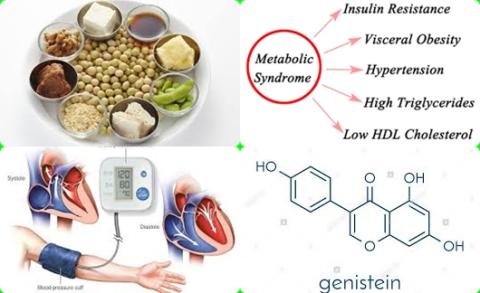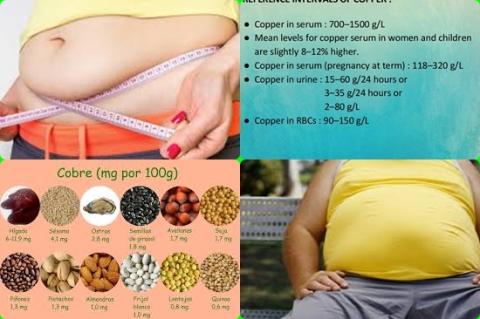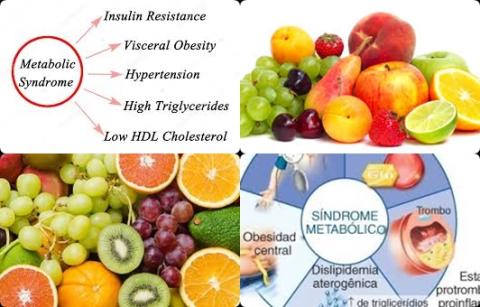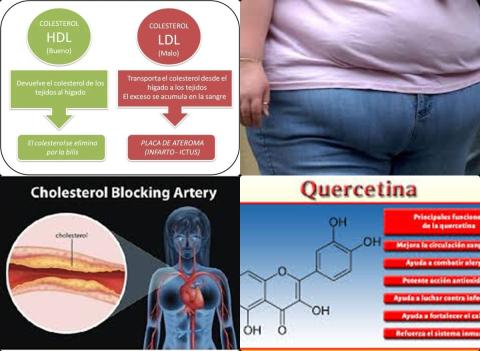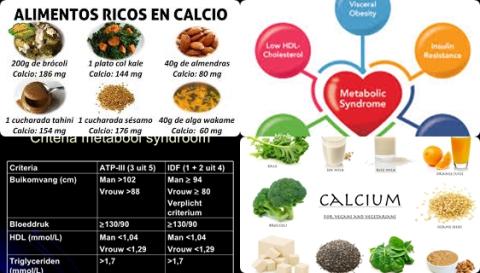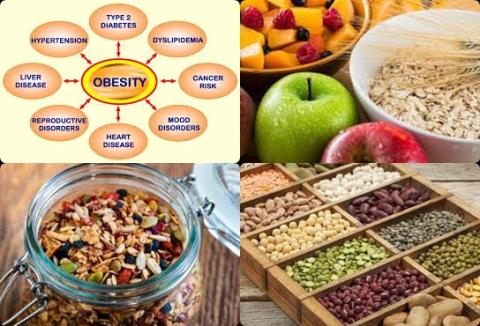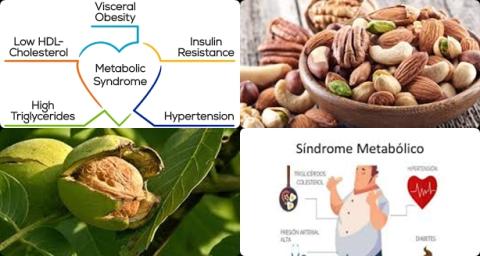Objectives:
Is there a relationship between the intake of foods (whole grains, refined grains, vegetables, fruit, nuts, legumes, eggs, dairy, fish, red meat, processed meat and sugar-sweetened beverages) and risk of general overweight/obesity, abdominal obesity and weight gain?
Study design:
This review article included 25 prospective cohort studies until August 2018.
In detail, 6 prospective cohort studies were included in the meta-analysis for consumption of whole grains, 4 studies for refined grains, 7 for vegetables, 6 for fruit, 4 for nuts, 2 for legumes, 2 for eggs, 11 for dairy products, 4 for fish, 4 for red meat, 2 for processed meat and 9 for sugar-sweetened beverages.
Results and conclusions:
The investigators found in the dose-response meta-analysis a significantly reduced risk of 7% per each increase of 30g/d whole-grain products [RR overweight/obesity = 0.93, 95% CI = 0.89 to 0.96, I2 = 0%].
There was no indication for a nonlinear association between whole-grain intake and risk of overweight/obesity [p-nonlinearity = 0.16].
The investigators found in the dose-response meta-analysis a significantly reduced risk of 7-9% per each increase of 100g/d fruit consumption [RR overweight/obesity = 0.93, 95% CI = 0.86 to 1.00, I2 = 89% and RR weight gain = 0.91, 95% CI = 0.86 to 0.97, I2 =7%].
There was no indication of a nonlinear relation [p-nonlinearity = 0.17, p-nonlinearity = 0.14, respectively].
The investigators found in the dose-response meta-analysis a significantly reduced risk of 58% per each increase of 28g/d nut consumption [RR abdominal obesity = 0.42, 95% CI = 0.31 to 0.57].
The investigators found in the dose-response meta-analysis a significantly reduced risk of 12% per each increase of 50g/d legume consumption [RR overweight/obesity = 0.88, 95% CI = 0.84 to 0.93].
The investigators found in the dose-response meta-analysis a significantly reduced risk of 17% per each increase of 100g/d fish consumption [RR abdominal obesity = 0.83, 95% CI = 0.71 to 0.97, I2 = 0%].
There was no indication of nonlinearity [p-nonlinearity = 0.07], but the graph indicated a stronger risk reduction at lower levels of fish intake and the curve reached a plateau at ∼40 g/d.
The investigators found in the dose-response meta-analysis a significantly increased risk of 5% per each increase of 30g/d refined grains consumption [RR overweight/obesity = 1.05, 95% CI = 1.00 to 1.10, I2 = 61%].
However, the nonlinear dose-response meta-analysis indicated that the association had a J-shape curve and a higher risk of overweight/obesity was identified for an intake of refined grains >90 g/d [p-nonlinearity 0.001].
The investigators found in the dose-response meta-analysis a significantly increased risk of 10-14% per each increase of 30g/d red meat consumption [RR abdominal obesity = 1.10, 95% CI = 1.04 to 1.16, I2 = 0% and RR weight gain = 1.14, 95% CI = 1.03 to 1.26].
The investigators found in the dose-response meta-analysis a significantly increased risk of 5-12% with each increase of 250 mL sugar-sweetened beverages per day consumption [RR overweight/obesity = 1.05, 95% CI = 1.00 to 1.11 and RR abdominal obesity = 1.12, 95% CI = 1.04 to 1.20, I2 = 38%].
The increase in risk was stronger at lower amounts of sugar-sweetened beverages intake (until ∼300 mL/d), but an increase at higher intakes was still present [p-nonlinearity = 0.03].
The investigators found the intake of 5 servings of whole grains/d, 3 servings of vegetables/d and 3 servings of fruit/d significantly resulted in a 38% reduction in risk of overweight/obesity compared with non-consumption of these food groups.
The investigators found the intake of 5 servings of refined grains/d and 3 servings of sugar-sweetened beverages/d significantly resulted in a 59% increased risk of overweight/obesity.
The investigators concluded that high intakes of whole grains, vegetables, fruit and probably fish as well as a low intake of refined grains, red meat and sugar-sweetened beverages are associated with a reduced risk of measures of adiposity, including overweight/obesity, abdominal obesity or weight gain, respectively. These findings are in line with current public health recommendations regarding a health-promoting diet. However, with the current evidence rated as very low to low, findings should be interpreted with caution and better-designed observational studies, more evidence from intervention trials and use of novel statistical methods (e.g., substitution analyses or network meta-analyses) are needed.
Original title:
Food Groups and Risk of Overweight, Obesity, and Weight Gain: A Systematic Review and Dose-Response Meta-Analysis of Prospective Studies by Schlesinger S, Neuenschwander M, […], Schwingshackl BH.
Link:
https://www.ncbi.nlm.nih.gov/pmc/articles/PMC6416048/
Additional information of El Mondo:
Find more information/studies on different food groups and overweight right here.
